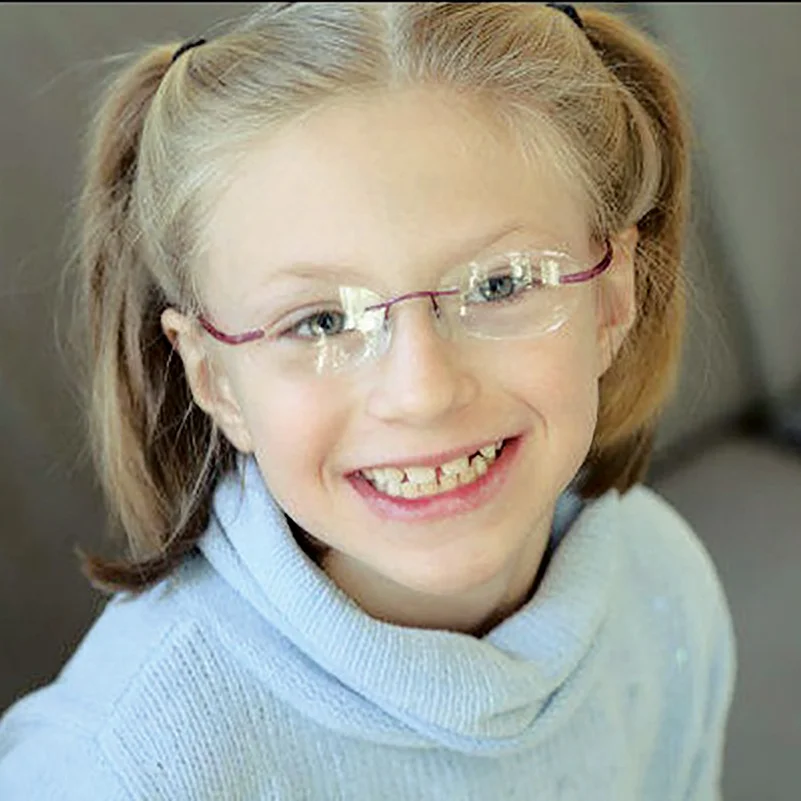Manton Center for Orphan Disease Research
Dr. Alan Beggs (front row, fourth from left) with Gene Discovery Core staff on Rare Disease Day
Trustee Julia Krapf believes that investments in children are the key to building a healthier future for all. This principle led to a partnership between Boston Children’s Hospital and the Foundation to create the Manton Center for Orphan Disease Research. A highly collaborative entity that develops new methods for understanding, diagnosing and treating rare diseases, the Manton Center undertakes work with relevance far beyond the patients treated at the hospital, providing robust training opportunities for young investigators in fields that are medically important but often fail to attract young talent because they are less popular or lucrative than other medical fields.
The term “rare disease” is something of a misnomer. Defined as a disease that affects fewer than 200,000 people, these diseases are more common than blond hair in the U.S. population. Roughly 30 million people in the United States alone are affected, and one in ten people globally have an unusual and medically actionable condition. Orphan diseases can take the form of genetic syndromes, immune system problems, errors of metabolism, neuromuscular disorders and other little noticed but scientifically important disease processes.
Allie is a nine-year-old with Angelman-like syndrome, a disorder characterized by severe motor and neurological problems. Clinical genetic tests failed to find a genetic cause of Allie’s disease. The family has enrolled in The Manton Center’s Gene Discovery Core for deeper analyses of their genomic data, hoping that Manton Center scientists can discover the cause.
Will, pictured here with his father, is a 13-year-old with X-linked Myotubular Myopathy (MTM) whose family has been enrolled in Dr. Alan Beggs’s lab since he was born. Will’s medical record is being included in a comprehensive, retrospective chart review to help establish the natural history of MTM, and set the stage for future clinical trials.
The Foundation first ventured into genetic research after Diana shared with Julia a desire to help families whose children were suffering from orphan diseases. Having read an article about Dr. Judah Folkman’s work to fight cancer by cutting off a tumor’s blood supply (angiogenesis research), Julia reached out to the hospital, and staff member Jillian Black presented several projects of possible interest. The Foundation trustees selected two for multiyear grants: congenital myopathies (Dr. Alan Beggs) and tuberous sclerosis (Dr. Mustafa Sahin). Each received $300,000 over three years. These grants served double duty, allowing the hospital to conduct important research and providing the trustees a meaningful glimpse into the researchers’ approach. Through this grant, the Foundation expanded its understanding of the orphan disease research field. And they got to know Dr. Beggs.
“Many donors and gifts focus on one disease or one researcher. By creating a center that was not focused on one person or project, but on people who want to work on childhood diseases, the Manton Foundation gift has had far-reaching impact.””
Described by Julia as “an extraordinary and humble doctor and scientist,” Dr. Beggs was, as a child, expelled from the prestigious Riverdale Country School in New York City because he wouldn’t sit still and didn’t follow rules. Ultimately, with support from parents and others who knew that talent and passion can take many forms, he prevailed. Today, Dr. Beggs is a gifted, world-renowned scientist.
Excited by the potential to help families, while also leveraging partners in genetic research and funding, the family had a celebratory luncheon with physician-in-chief Gary Fleisher and the two researchers. At the lunch, Dr. Beggs described the unique challenges inherent to orphan disease research: lack of approved protocols for patient study; cases falling outside the realm of clinical care because no known treatment exists; lack of insurance coverage for general tests; and condition-specific patient consent forms. Not to mention the dearth of funds available for orphan disease research, since federal funding typically targets perceived “large impact” research. When pressed by the trustees, the staff of Children’s Hospital described a vision for a research hub that helped families and researchers surmount these barriers and get answers through patient-focused research. They imagined the center as a catalyst and clearinghouse for unexpected collaborations between physicians, researchers and institutions. They looked toward a future that held a more streamlined approach to patient diagnosis and treatment.
Recognizing that genes were essentially information roadmaps along the lines of computer data, the family appreciated the challenges associated with researchers’ ability to successfully surmount the hurdles of NIH’s grant system. Alex Krapf, who works in the technology sector, parallels rare disease research to “rare failures” or “corner cases” in software development. “They might not exhibit often, but when analyzed, they can prove to be hugely instructive,” he says. Through discussions and a series of significant gifts, the Manton Center for Orphan Disease Research took form as a vehicle for understanding and treating the broadest group of understudied and underfunded rare conditions. Since its initial gift establishing the research center, follow-up grants have supported younger researchers and programs to improve mental health counseling in Boston city schools. For the trustees, one of the most thrilling outcomes is the degree to which the center’s research is already benefiting wider constituencies. The discoveries scientists are making in the orphan disease research field will help doctors treat a wide range of patients susceptible to an array of more common illnesses.






